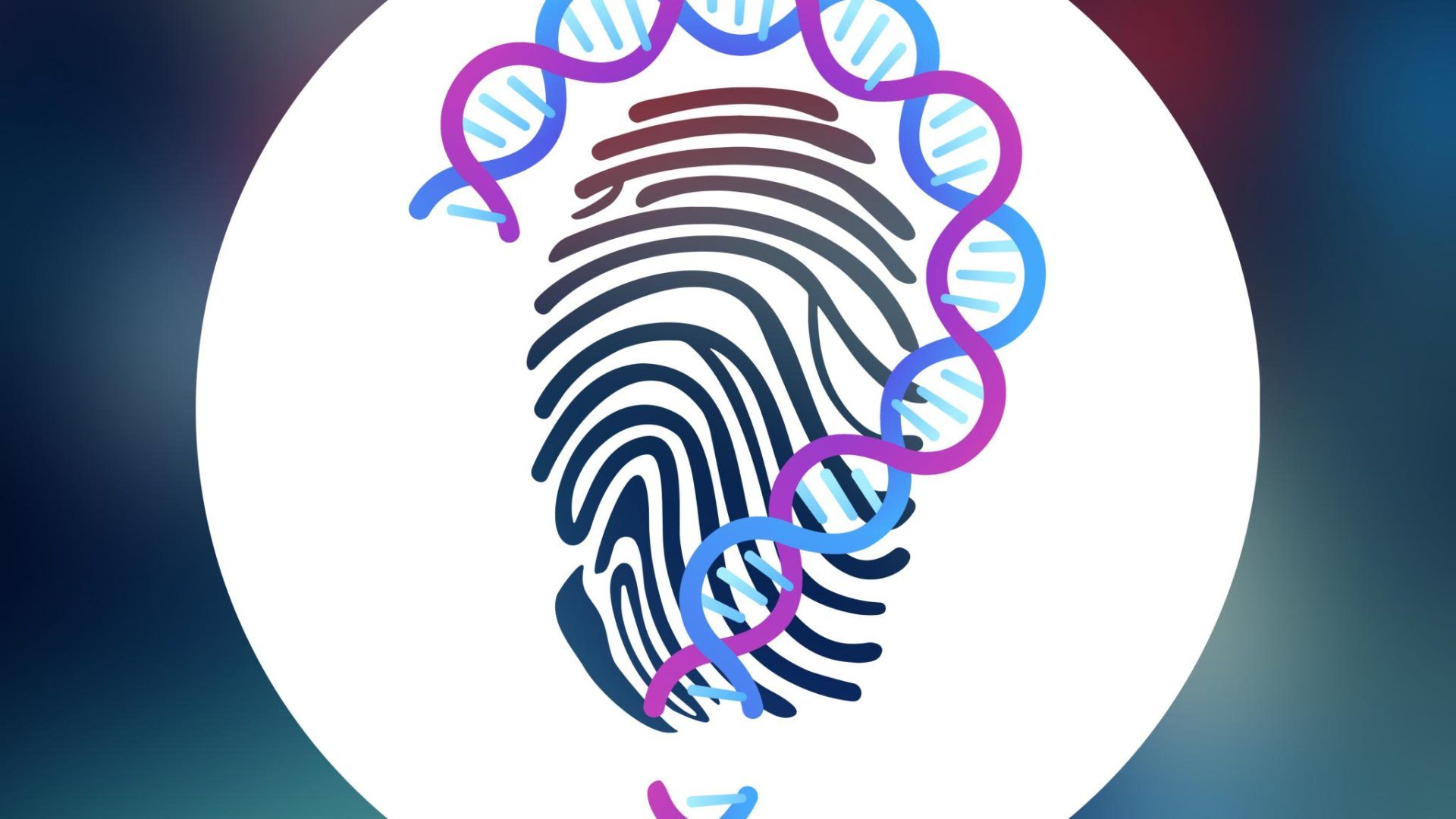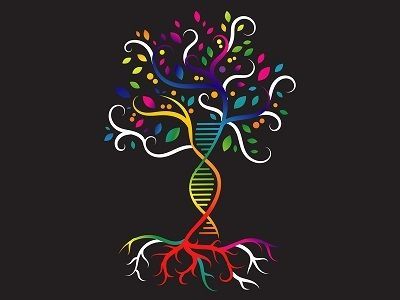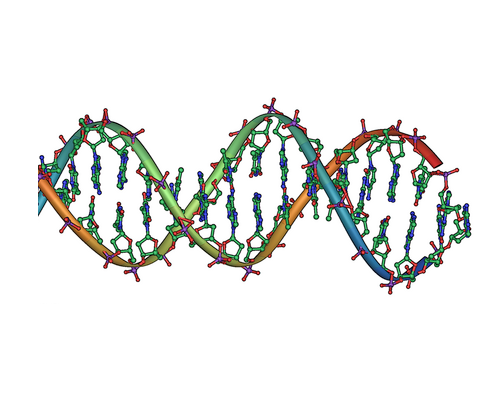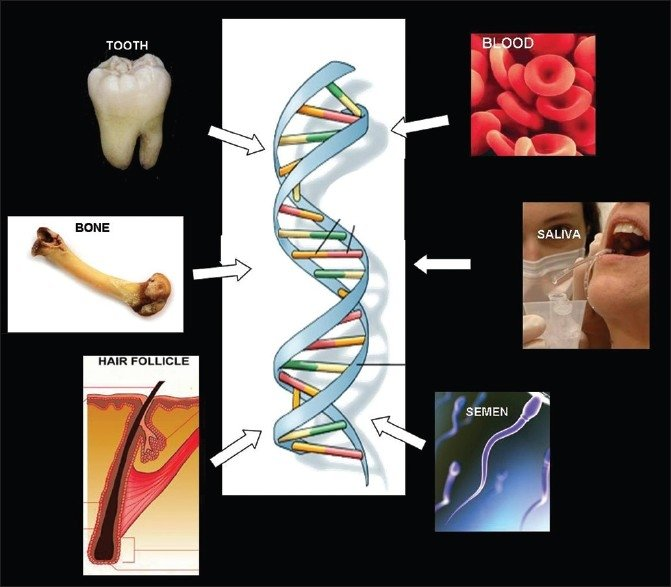The Sydney Declaration – Revisiting the Essence of Forensic Science
Editorial: The Sydney declaration:
Revisiting the Essence of Forensic Science through its Fundamental Principles
Forensic science is a cornerstone of the criminal justice system, though its effectiveness and reliability have sparked significant debate in recent years. Key issues include backlogs, quality management, bias reduction, and evidence assessment and communication. Despite suggested solutions, forensic science remains in a crisis, often viewed from organisational perspectives rather than its own discipline.
The Sydney Declaration outlines a definition of forensic science and seven principles that articulate its foundations:
1. Activities leave essential informational traces.
2. Scene investigation requires expert scientific knowledge.
3. Forensic science relies on cases, scientific knowledge, and logical reasoning.
4. Findings are evaluated in the context of time.
5. It addresses a range of uncertainties.
6. Forensic science serves multiple purposes.
7. Findings' significance is context dependent.
These principles advocate for a scientific foundation in forensic practice, promoting a consensus on the importance of traces. They should guide competencies in education and quality management, addressing all aspects of the forensic process. The Sydney Declaration aims to unify the professional community and foster a deeper understanding of forensic science's purpose, paving the way for improved education and cultural transformation in the field.
Read more in the source.
Source: Claude Roux, Rebecca Bucht, Frank Crispino, Peter De Forest, Chris Lennard, Pierre Margot, Michelle D. Miranda, Niamh NicDaeid, Olivier Ribaux, Alastair Ross, Sheila Willis. (2022) The Sydney declaration – Revisiting the essence of forensic science through its fundamental principles, Forensic Science International, Volume 332, 111182,
https://doi.org/10.1016/j.forsciint.2022.111182. (https://www.sciencedirect.com/science/article/pii/S0379073822000123)
Image: https://drupal.uts.edu.au/sites/default/files/styles/full_width_small_1x/public/2024-10/forensic-science-campaign_1.jpg?itok=J11gLXvc









